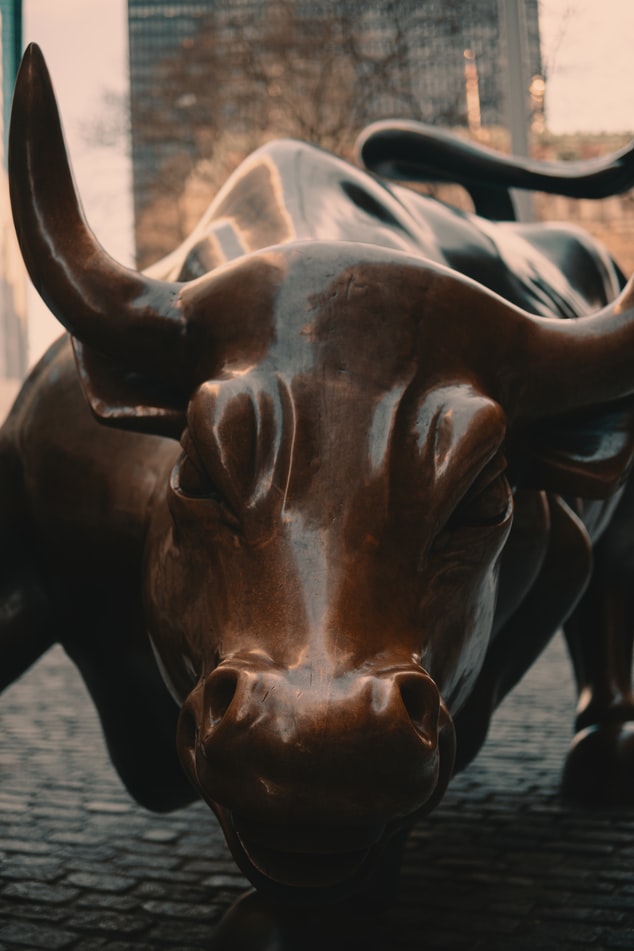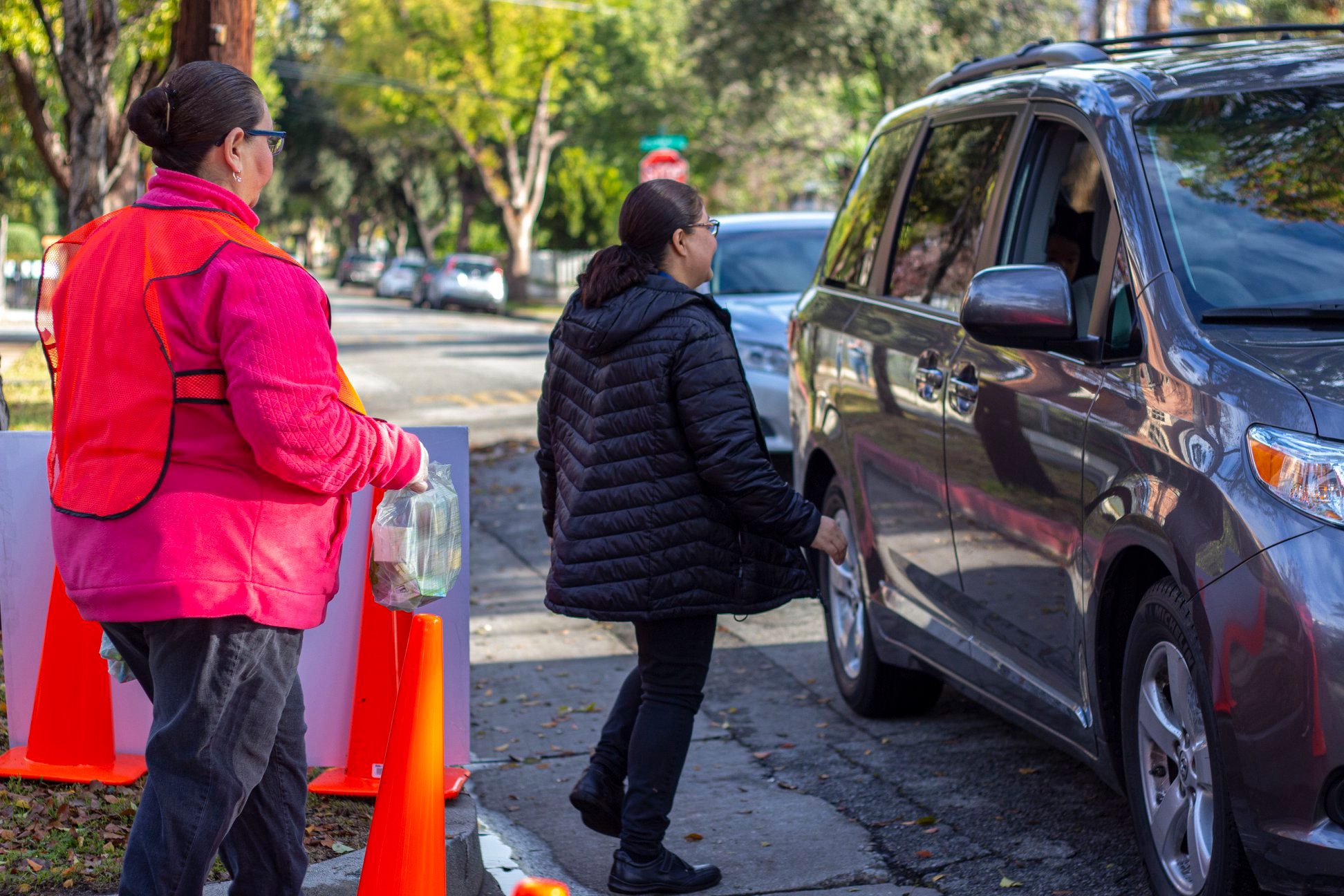
By Jean D. Koehler, a Financial Advisor with Ameriprise Financial Services, Inc.
Historic market volatility has washed over the globe in recent weeks. The spread of COVID-19 (coronavirus) has precipitated a record drop in the stock market and a sharp plunge in bond yields, sending the U.S. into its first bear market in over a decade. People around the world are facing a health crisis that’s driving an economic crisis, which rightfully so, is leading to high levels of anxiety for families and individuals concerned about their wellbeing and financial situation. Unfortunately, it’s too soon to tell just how long this environment will last. So, what can you do to cope with the market volatility in the meantime? And what can we learn from past global pandemics?
Virus outbreaks and stock market performance
There is no doubt that this pandemic is different and has caused a larger dislocation than past virus outbreaks. However, it’s still encouraging to note how financial markets have historically rallied following major health crises. As a chart of the S&P 500® Index illustrates, markets have generally delivered positive returns in the six to 12 months following the peak of a virus outbreak.

This isn’t to say that investors should stick their heads in the sand and pretend the downturn isn’t happening — this is a very serious and difficult situation. Eventually though, markets should return to some level of normal and slowly the economy will come back to life. Of course, the past is no guarantee of future results, but historically even the worst markets have been temporary dips in a general march higher for stocks.
What can you do during this time of volatility?
Here are a few steps to consider:
- Remember the power of diversification: Instead of simply selling your stocks in an attempt to cut your losses, review your portfolio to see if it is properly balanced between stocks, bonds, and cash that align with your goals, time horizon and your ability to manage risk. While a diversified portfolio can’t guarantee profits or protect against all losses, it can greatly reduce the impact of volatility.
- Stay focused on your-long term goals: Remember, your investment strategy is based on your goals, not headlines. While it’s important to be aware of the news related to COVID-19, particularly from a health perspective, be careful not to let your emotions affect your investing. Try to keep your portfolio on a steady course. Volatile periods in the market can create good opportunities to either invest more or to adjust your portfolio as needed. But make sure any investment decisions you make are in the long-term interests of achieving your financial objectives.
- Revisit your views on risk: There’s nothing like a significant market downturn to remind you that investing involves risk. Market swings provide an opportunity to re-assess the level of risk in your portfolio and determine whether you still think the amount is appropriate for your circumstances. The level of comfort (or discomfort) you feel when the market moves up or down substantially is a good starting point on whether your portfolio fits your risk profile.
- Meet with a financial professional: If you are concerned about the recent performance of the markets, it may be a good time to sit down with your financial advisor. Together you can talk about your financial goals for the future and what steps you can take next to start on the path to achieving them.






